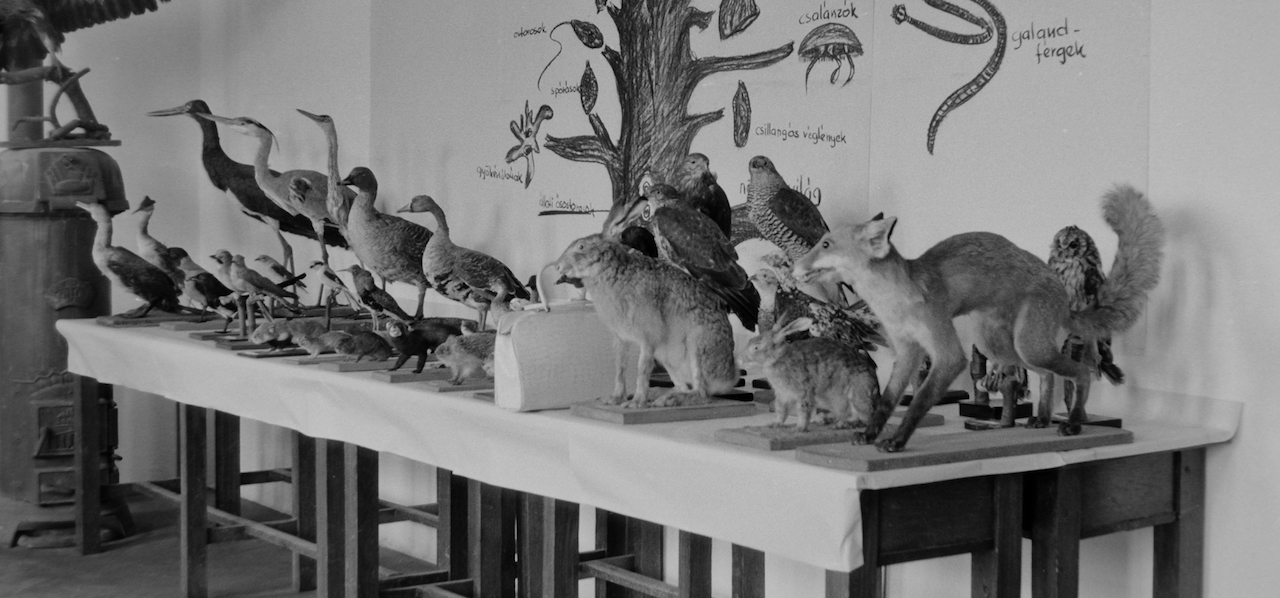
How may we use non-human animals in science? What price may we demand, in terms of the death or suffering of animals, for the advancement of knowledge? As human beings, we demand a great deal. As philosophers, we are sometimes asked why.
Existing guidelines place certain conditions on appropriate use. Here is one that features in many codes:
Out of misery condition: Destroy the animal at the end of the experiment if it is suffering.
Here is another that is even more widely endorsed:
No reasonable alternative condition: Perform the experiment on animals only if there is no reasonable alternative that would yield a good enough result without using animals.
Let’s think about this one. What is meant by “reasonable alternative”? Not an easy question, and one often left for committees to interpret. But we can fill in some dimensions. One is the cost of alternatives, in time or money. For busy labs on limited budgets, cost matters; the price of the alternative may be too high. Another concerns whether the alternative yields results that are good enough. What matters here is the effectiveness of the experiment, its accuracy and reliability relative to the point of the research.
Before we go further, we want to stop and ask our reader: what do you think of this condition that there be no reasonable alternative? Its application to any particular case may be controversial. It may turn, as we have seen, on details of the relative cost and effectiveness of the alternatives. But we want to ask whether it seems right in principle: that we may use animals only if there is no reasonable alternative. When an alternative is good enough, we should switch. We should not drip cosmetics in the eyes of rabbits if an experiment in a test tube would do just as well.
If you find this principle plausible, our next question is about how you would apply it. How strict would you be with those who complain? How strict would you be with those who say, the alternative costs too much, or it takes too long, or the results aren’t quite so good?
When a colleague posed that question to a crowded audience – two hundred medical students, and twenty teaching staff – there was universal agreement: the condition is appropriate, and it should be applied strictly. The condition got an immediate, and impatient, thumbs-up. The gazes of the two hundred, and of the twenty, moved swiftly down the page to the more challenging conditions that followed. Perhaps your reply is just as immediate, and just as impatient.
The further conditions proved more controversial. The out of misery condition mandates an approach that we would not apply to human beings. Other conditions make contentious rulings about such questions as whether animals may be reused in other experiments, and whether they may go on to live as pets once the experiments are over. These are interesting issues, but we are not going to trouble you with them. We want to stick with the one that proved uncontentious: if there is a reasonable alternative to using non-human animals in experiments, we should use that alternative. We should not make animals suffer and die for the sake of science, if there is another route to the knowledge we seek.
If that goes for knowledge, what of other goals? Suffering for human knowledge is one thing. Suffering for human dinners is another. Or is it? That is the question our colleague then posed to the assembled company. In the large auditorium, you could have heard a pin drop. The obvious principle had obvious consequences, and we had been blind to them. If the no reasonable alternative condition applies to the use of animals in science, it applies also to the use of animals for food. And here, the alternative – feeding ourselves without causing death or suffering to animals – is readily available.
To be sure, killing animals for food seems normal, and killing animals for science does not. This might explain a different reaction to the two applications of the condition. But it is hard to see that it justifies it. Our reaction when the condition was applied to animals in science was the disinterested one. There we responded behind the veil of ignorance. So, in the absence of reasons to think otherwise, that is the judgment to trust.
What follows? Not an all-out vegetarianism. Our argument says nothing in many cases – if there is genuinely no reasonable alternative for instance, or if the animal is dead already. There may be other arguments that are relevant there. But this does follow. If we can do just as well without inflicting the suffering and death involved in raising animals for food, we should.
Some carnivores might complain that the alternatives to animals in the kitchen are not good enough: they cost too much, or take too long, or are less effective at getting the desired results, whether for health or taste. Perhaps they are right. But if you are tempted by such useful thoughts, we ask you, in fairness, to recall the imagined scientist, who might equally complain that the alternatives to animals in the laboratory are not good enough: they cost too much, or take too long, or are less effective at getting the desired results.
When it comes to knowledge, we should use animals only if there are no alternatives. When it comes to dinner, why not likewise?
The argument is Aubrey Townsend’s, not ours. He presented in at Monash over twenty years ago. It changed our minds. We would like to pass it on.
Rae Langton and Richard Holton are professors of philosophy at the University of Cambridge. Their last joint piece was “Empathy and Animal Ethics”.

